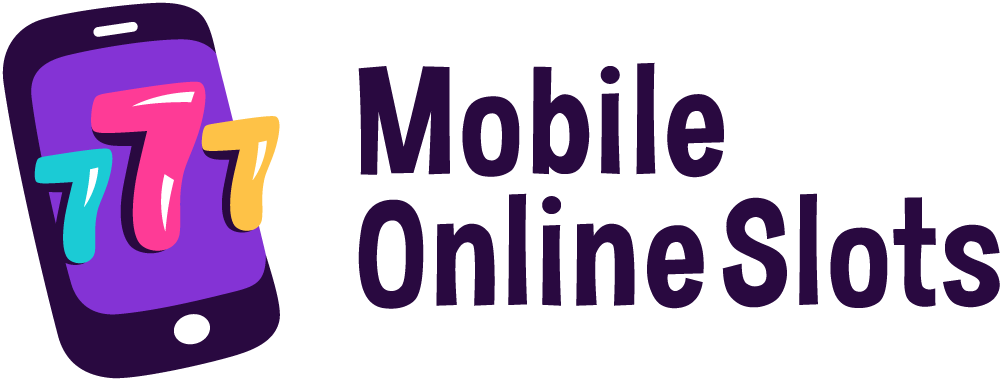This boils down to what you are looking for in a site. Almost all the top European brands are available in the regulated Spanish market, covering everything from online slots to casino games to poker and sports. Now, there are some unregulated sites that are still open to Spanish players, but we wouldn’t put them on our top lists of recommended sites. To give you a headstart on places to play, our review team has put together the following list of sites we highly recommend.
These sites will offer the best combination of software, promotions and customer service, ensuring your time spent playing with these operators will be focused on enjoyment! We have a full slate of sites that we have reviewed, so if there isn’t anything that catches your eye in the list below, just head on over to our reviews page and start checking them out!
Gambling Regulations in Spain
It may come as some surprise that there wasn’t regulated gambling in Spain until 1977. That doesn’t mean that gambling didn’t exist, but it was likely more of an underground scenario, or players would simply travel to places like France, Portugal, and Italy to get their fix. Since those early days, the Spanish government has taken a very measured approach to the industry, both on the land-based and online sides. Let’s bring you up to speed on where regulations stand in Spain and what that means for those of you who reside in that country and want to play your favorite online slots.
With a regulated gambling industry that started only 40 years ago, there isn’t all that much to cover, which is a nice change from some of the other more frenetic countries in Europe. As we mentioned, the government has taken a slow route to regulation, all starting with making land-based gaming legal in 1977. This regulation was limited to games of skill, with games of chance like slot machines being added to the laws in 1981. The gambling industry grew swiftly through the 1980s and 1990s, with casinos opening all over the country.
This set of regulations was put in place by the federal government of Spain, but that responsibility was quickly passed to the individual states. As online gambling became popular in the late 1990s and into the 2000s, the Spanish government did nothing to either legislate it or block it from their citizens, choosing instead to watch as other countries in Europe made their own decisions about regulation.
Finally, in 2012, the country introduced an update to the Gaming Act that would now include language to regulate the online gambling industry. For the first time, operators were allowed to apply for gaming licenses, but the process was by no means simple. First, every company had to apply and be approved for a general gaming license, which allowed them to operate within the country’s borders. Next, a company could apply for licenses for each of the individual products that they wanted to offer. These categories include fixed-odds sports betting, mutual sports betting, horse racing betting, roulette, baccarat, blackjack, complementary games, poker, bingo, slots and exchange betting. As you can imagine, sites that were specific to games like poker did not have to worry much, but If multi-platform operators wanted a complete license, they would need to file several individual applications.
Operators in the Spanish online gambling market are subject to a 25% tax on gross gaming revenue as part of the regulatory process. This is a very high number and forced many sites to abandon ideas of being regulated and continuing to take Spanish bets from offshore. This is where the Spanish government stepped in and started blocking sites as per the new laws. The government requested that ISPs block certain sites, and it also sent warnings to a dozen large offshore sites that they would be subject to fines of up to 50 million Euro if they didn’t stop targeting players from Spain. This helped clean up the industry, and today the majority of online gambling that happens in Spain is with licensed brands.
When the country created its gambling laws, it also forced poker sites to separate their liquidity from Spanish players from the remainder of their sites. This caused an uproar in the poker community and also meant that player pools and prizes were going to be significantly smaller than before. Recently, Spain has entered into a multi-jurisdictional arrangement spearheaded by France to join forces from a liquidity standpoint in poker.
Online Casino Software Available to Spanish Players
One nice thing about having no restrictions on how many online licenses that were given out is that there are many different software companies in play in the regulated Spanish market. For fans of online slots, that means you will have access to the top titles featuring the best graphics and themes, along with the best in licensed content from other entertainment brands. Among the amazing games, you will find at legal online casinos are games from these top-level suppliers:
